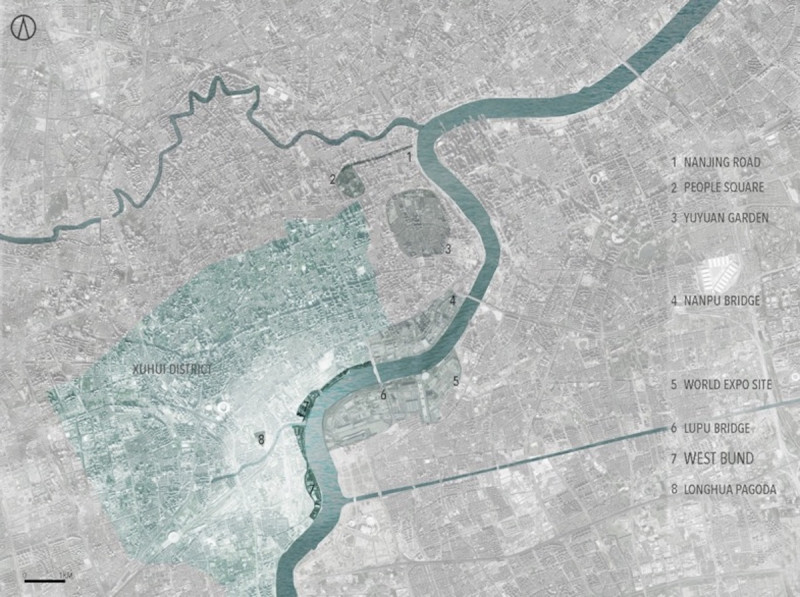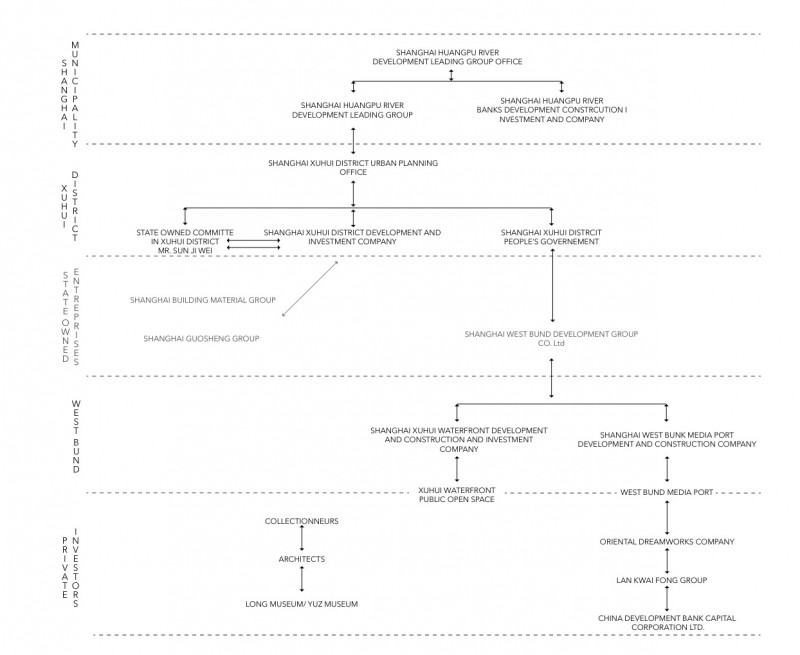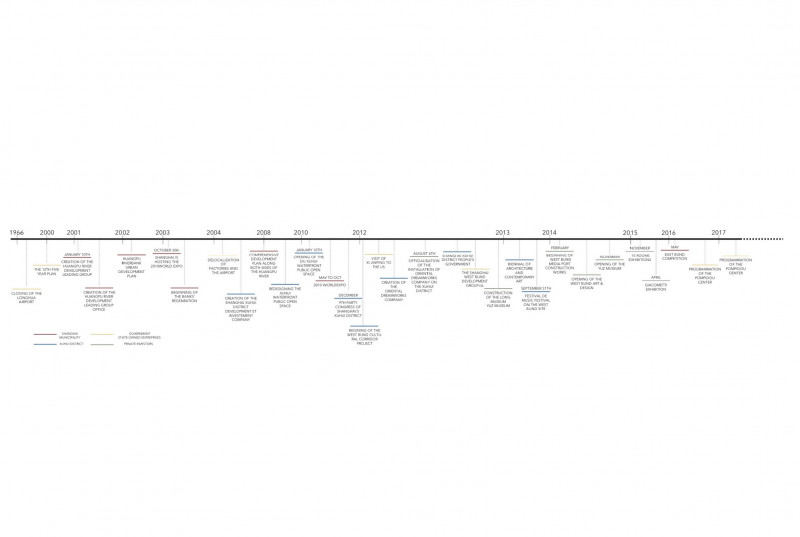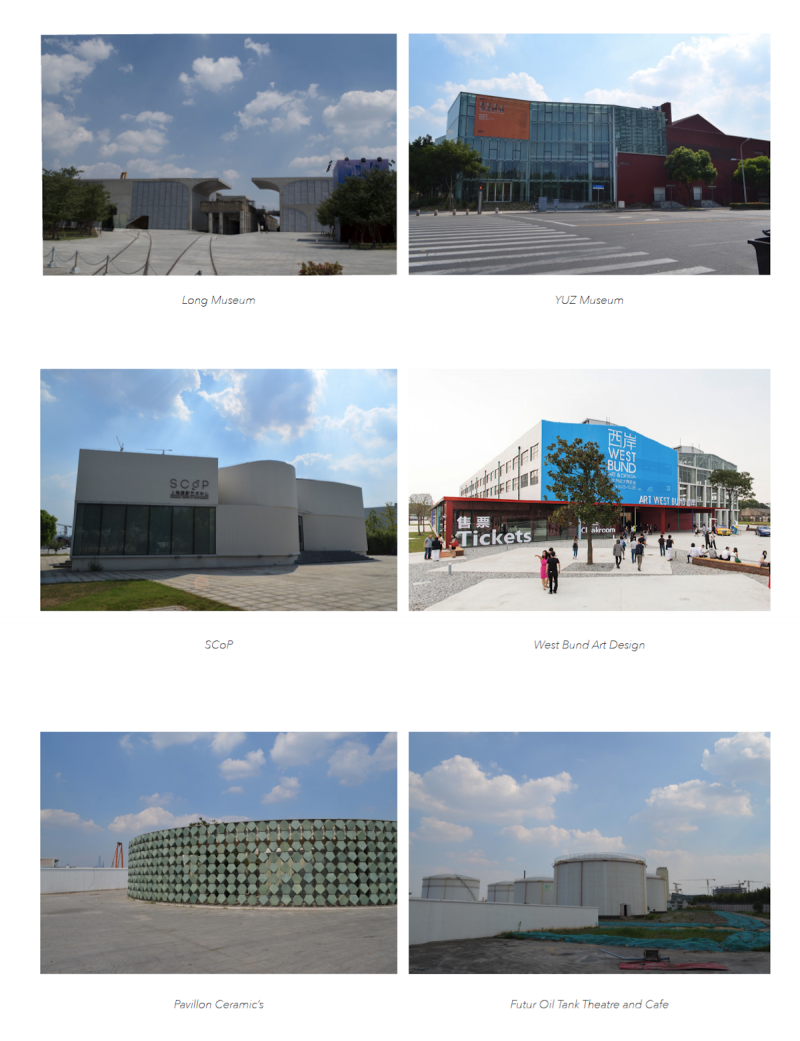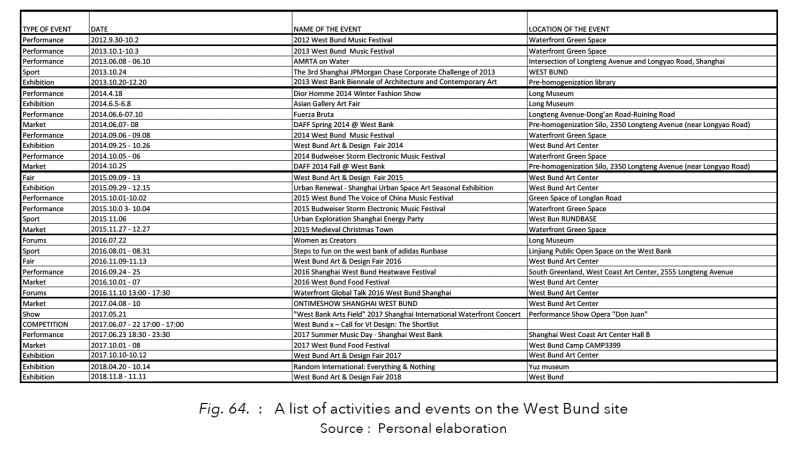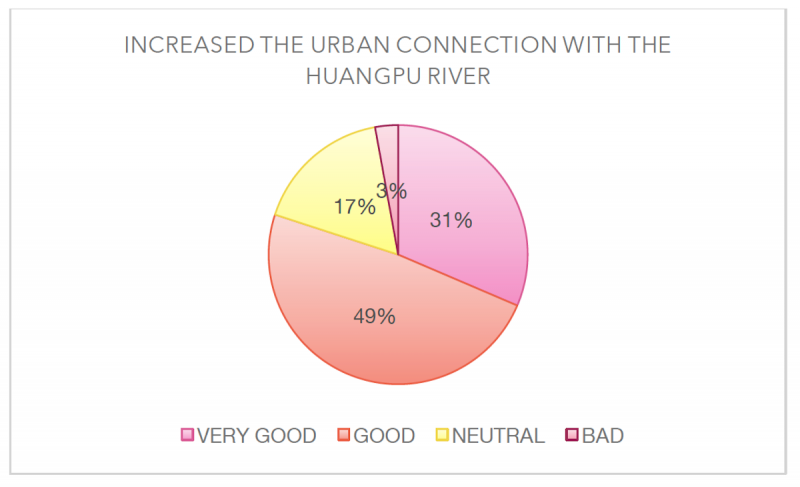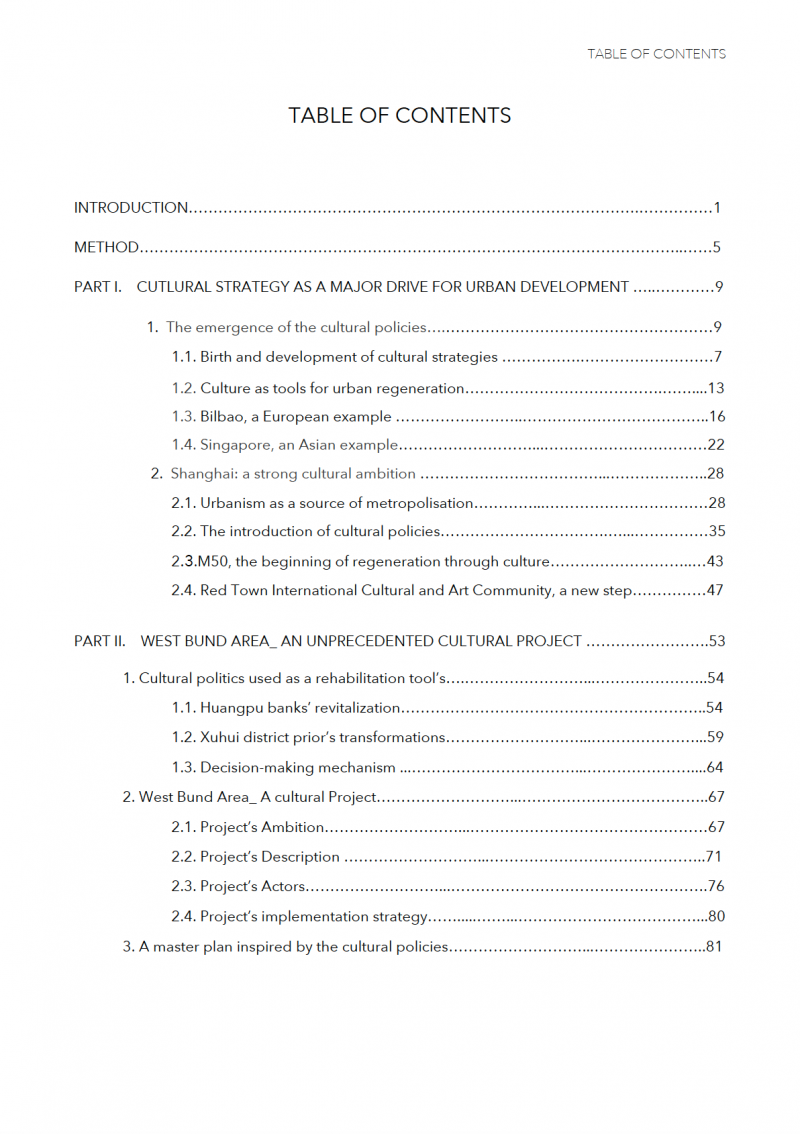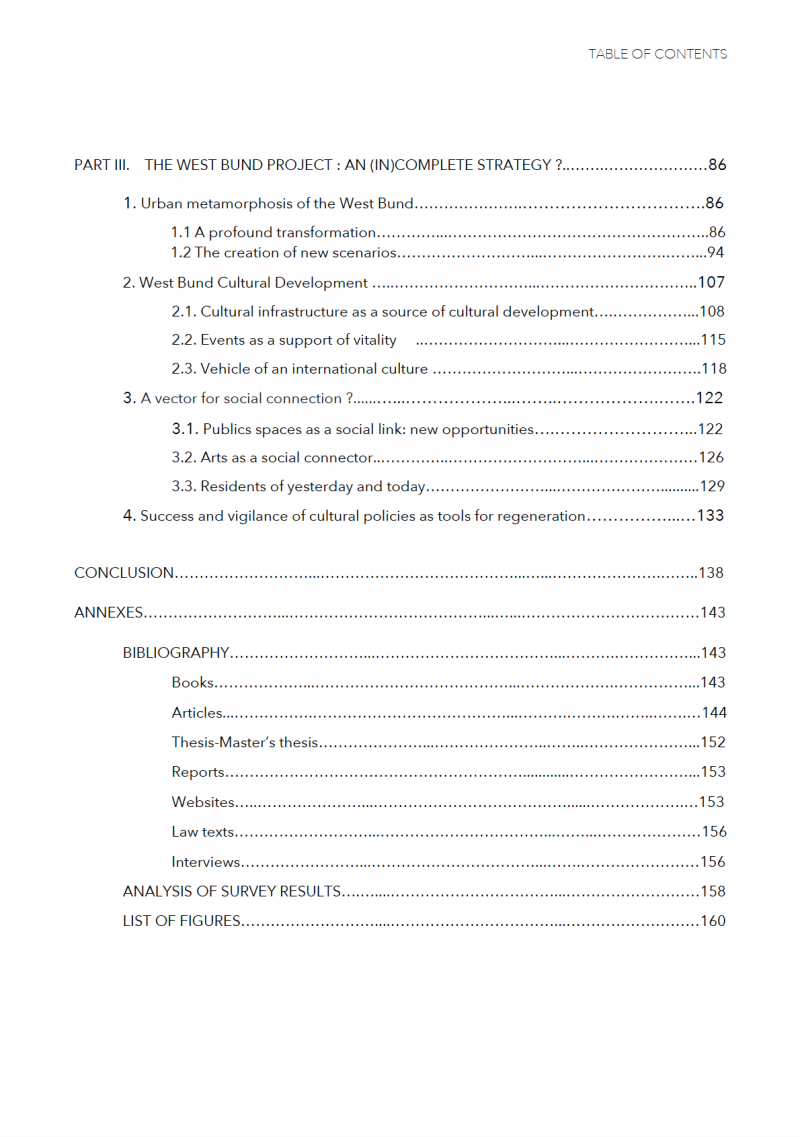The West Bund Project
“Art cities”, “European cities of culture”, “cultural capital”... For the past thirty years or so, culture has continued to gain importance in the urban planning of cities. Used as tools for urban, economic and social regeneration, they also enable cities to transform their image. Shanghai has become a powerful and cosmopolitan economic metropolis. Aware that in order to exist, it must face international competition, the city has the ambition to become a global city of excellence. By considering culture as a strategic and essential resource for urban development, Shanghai is transforming its urban landscape.
This thesis will focus on the implementation of culture led regeneration process in Shanghai and especially in the West Bund project.
Through theoretical background and different cases studies this thesis illustrates the implementation of cultural policies in Shanghai. These cases studies will shed light on the impact of these models on cities, there applications in Shanghai context and the different mechanisms set up by administrations for the development of these policies and Asian issues.
At Shanghai, this study focuses on a new step of cultural project: West Bund project. Located in the south of the city, this cultural hub has been planned as a result of the 2010 World Expo and is part of the Huangpu riverbank regeneration project. The West Bund is essentially made up of cultural and commercial industries, and extends over 12 kilometres along the banks of the river. The implementation of cultural policies as the driving force of the regeneration of the area has enabled it to become the largest cultural cluster in Asia.
Through a precise study of the West Bund culture led regeneration, this thesis will highlight its urban, cultural and social impact on the neighbourhood. Through this analysis this thesis will draw an observation of the implementation of the cultural policies on the West Bund project with the aim of providing some key points that will help improving the model for future planning.





